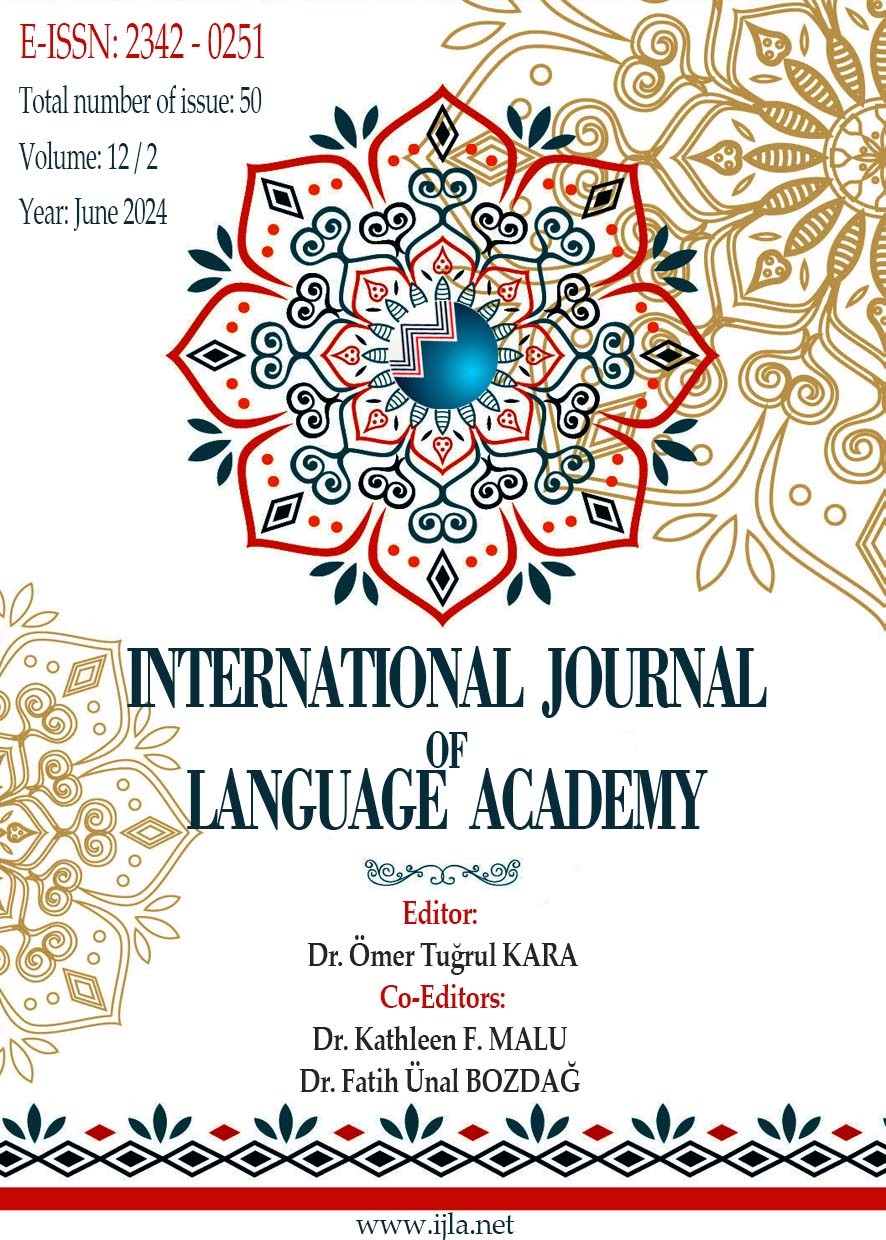AN INQUIRY INTO THE PERCEPTIONS OF ENGLISH LANGUAGE LEARNING: VOICES FROM THE PREPARATORY SCHOOL STUDENTS IN TÜRKIYE
Author :
Abstract
Keywords
Abstract
Preparatory schools occupy a special place in language education since they illuminate learners’ past experiences and project prospective ones. Given the ten-year English language education (ELE) before and one year during the preparatory school, language learners’ perceptions of ELE in preparatory schools could be a research topic worth examination. To this end, this qualitative case study explored the perceptions of Turkish English as a Foreign Language (EFL) learners toward ELE in upper secondary and preparatory education levels. 64 EFL learners enrolled in the preparatory school of a prominent Turkish state university were given a written survey including open-ended questions about their language experiences in high school and preparatory school. The questions about upper secondary education concerned with the most challenging skill, problems with the course, and solutions/recommendations for improvement, while those in the tertiary education were related to the motivations for learning English and expectations, skills they want to improve, preferred methods of learning, and perceptions of preparatory schools. The raw data were analyzed through NVivo 14. Findings for English education at the upper secondary level demonstrated that (i) speaking was the leading problematic skill resulting from teacher- and institution-related factors, (ii) course grades were generally inflated, and (iii) problems were categorized as teacher-, institution/curriculum, and learner-related. In addition, the results of the English education at preparatory school indicated that learning motivations were career, fluent speech, socialization, and the current status of English as a global language, (ii) learners wished to improve speaking skills more in technology-supported classrooms, and (iii) participants had positive attitudes toward preparatory schools.





